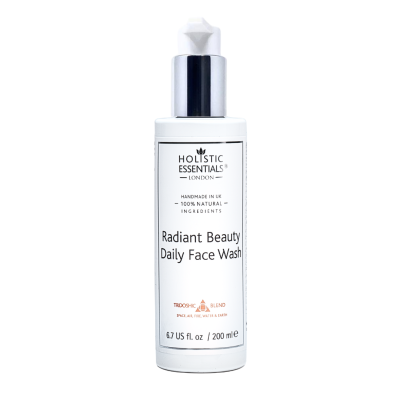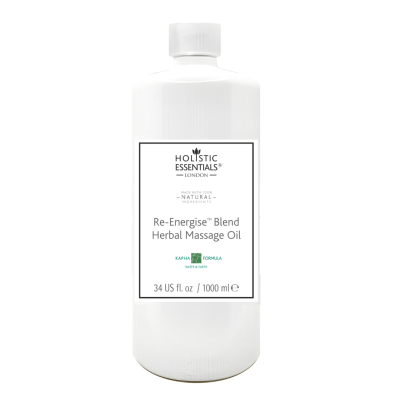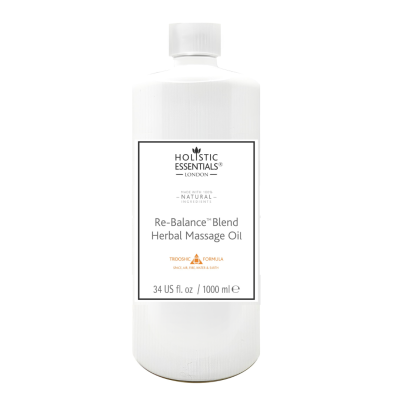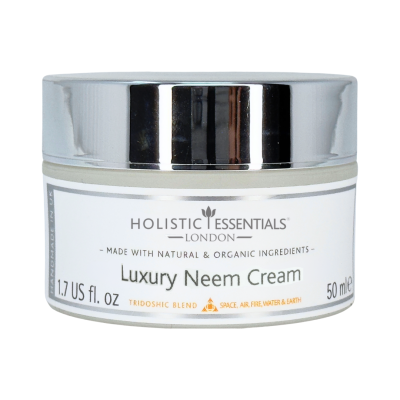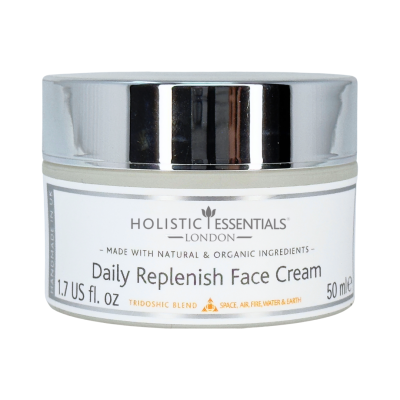Dosha: Kapha Body type
- Home
- What is Ayurveda?
- Dosha: Kapha Body type
Kapha Dosha in Ayurveda – Understanding Water and Earth Energy for Balance
Kapha Dosha represents stability, structure, and nourishment in all living beings. Formed from the elements water and earth, Kapha governs growth, lubrication, and immunity. In the UK’s often damp and cold climate, Kapha’s qualities can be amplified, influencing physical and emotional wellbeing. This dosha is closely linked to the lymphatic and immune systems, providing the body with resilience, endurance, and long-term health.
Key Characteristics in the Body
| Characteristic | Description |
|---|---|
| Heaviness | Deep, resonant voice; tendency toward a heavier frame with solid bones and strong muscles. |
| Coolness | Naturally cool skin; more susceptible to colds and congestion; slower metabolism that may reduce appetite and thirst. |
| Softness | Smooth skin and hair; tender nails; a warm, affectionate, and caring personality. |
| Oiliness | Skin, hair, and joints naturally lubricated; stools may be soft; joints remain flexible. |
| Sweetness | Preference for sweet flavours; body easily builds tissues and stores energy. |
| Stability | Calm and patient nature; enjoys routines and familiar comforts; often prefers indoor or sedentary pastimes. |
| Sliminess | Excess mucus during illness; thick joint structures with good range of motion. |
Functions Governed by Kapha Dosha
Physical strength and stamina
Joint function and lubrication
Immune system resilience
Smell and taste perception
Tissue growth and repair (anabolism)
Fertility and reproductive strength
Emotional stability and satisfaction
Imbalance Triggers
Excess Kapha can be aggravated by:
Overeating, especially sweet, heavy, and oily foods
Sedentary lifestyles
Cold, damp weather (common in the UK)
Oversleeping or sleeping during the day
Emotional stagnation or resistance to change
Balancing Kapha
Eat warm, light, and gently spiced foods with pungent, bitter, and astringent tastes
Maintain regular physical activity
Avoid daytime naps
Spend time in fresh air and sunshine
Incorporate invigorating Ayurvedic massages with warming oils

